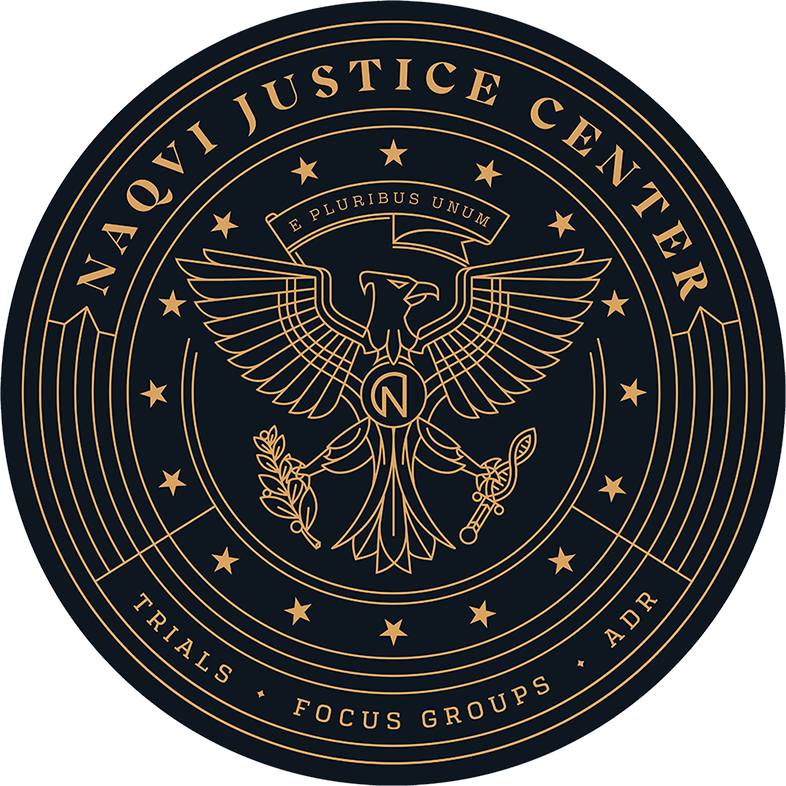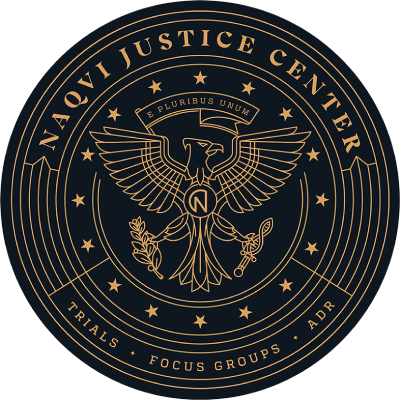Muhammad Ali, who was one of the most influential people of the 20th century, according to some, passed away quietly after a decades-long struggle with a serious brain injury.
Some fans may remember the former champ’s 1980 comeback fight against Larry Holmes. Mr. Ali, who could once float like a butterfly and sting like a bee, looked like a completely different fighter that night: he was almost entirely immobile and landed fewer than a dozen punches over ten rounds. Shortly after Mr. Holmes pinned his opponent against the ropes and landed a sharp uppercut to the kidney which triggered a shriek of pain, “the night when Ali screamed,” as one sportswriter termed it, came to an end.
Three months earlier, Mayo Clinic physicians had examined Mr. Ali at the Nevada Athletic Commission’s request. Doctors noted telltale warning signs; for example, the champ had trouble speaking, touching his finger to his nose, and hopping on one foot. But they found no specific illness, and officials renewed Mr. Ali’s boxing license. In later years, the boxer and his family pointed to that fight as the beginning of his Parkinson’s disease.
Michael Okun, of the National Parkinson Foundation, believes that Muhammad Ali was genetically predisposed to Parkinson’s, because he was diagnosed at such a young age, but that head trauma “unmasked” the condition. One recent study concluded that head injury victims are 57 percent more likely to develop Parkinson’s disease.
Traumatic Brain Injury
Every year, 1.7 million Americans are diagnosed with a TBI. Although about 80 percent of these victims are rushed to emergency rooms, many of them are essentially treated and released. TBIs are difficult to diagnose, because the initial symptoms can be deceiving. For example, instead of “passing out,” many victims experience a partial loss of consciousness, and first responders and other professionals often mistake this dazed state as shock from the accident.
In the hours and days that follow, the loss of consciousness and other initial symptoms, like nausea and vomiting, often give way to tinnitus (ringing in the ears), persistent headaches, trouble sleeping, and personality changes. Without aggressive medical treatment and physical therapy, victims will ultimately develop dementia-like symptoms. Though brain injuries are permanent, the symptoms are manageable and most victims can live somewhat normal lives.
Chronic traumatic encephalopathy and other sports-related brain injuries garner considerable media attention, but most TBIs occur as a result of:
- Motor vehicle crashes,
- Sudden loud noises, like explosive blasts,
- Falls, and
Victims in these cases are generally entitled to compensation for their economic damages, like lost wages, and noneconomic damages, such as loss of consortium (companionship).
Partner with a Zealous Attorney
TBIs have lifelong consequences. For a free consultation with an experienced personal injury attorney in Las Vegas, contact Naqvi Injury Law. Mr. Naqvi belongs to the Million Dollar Advocates Forum.

